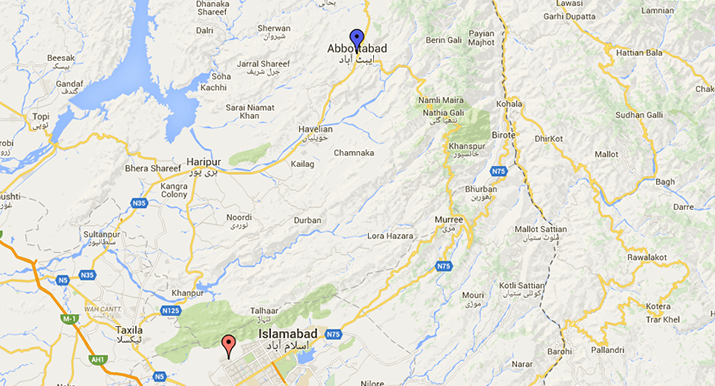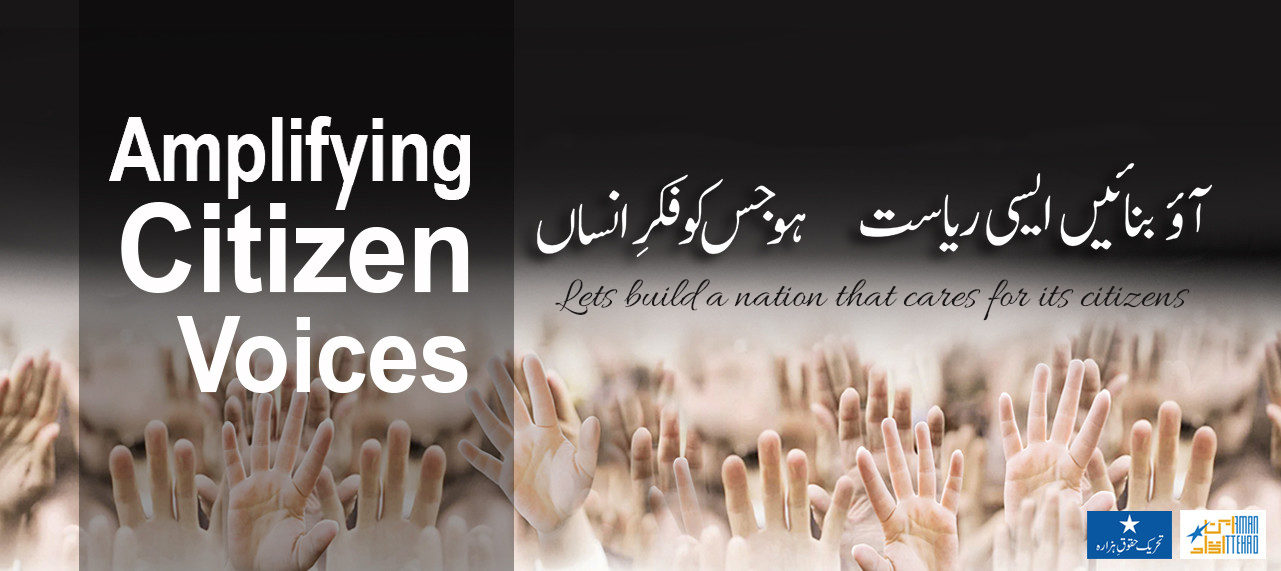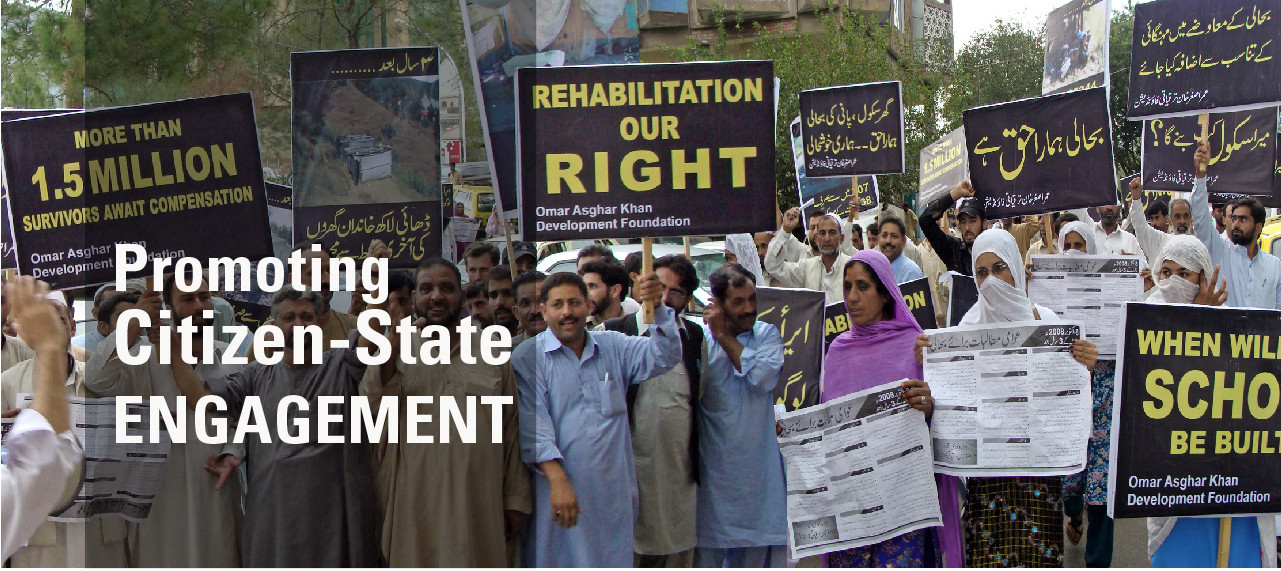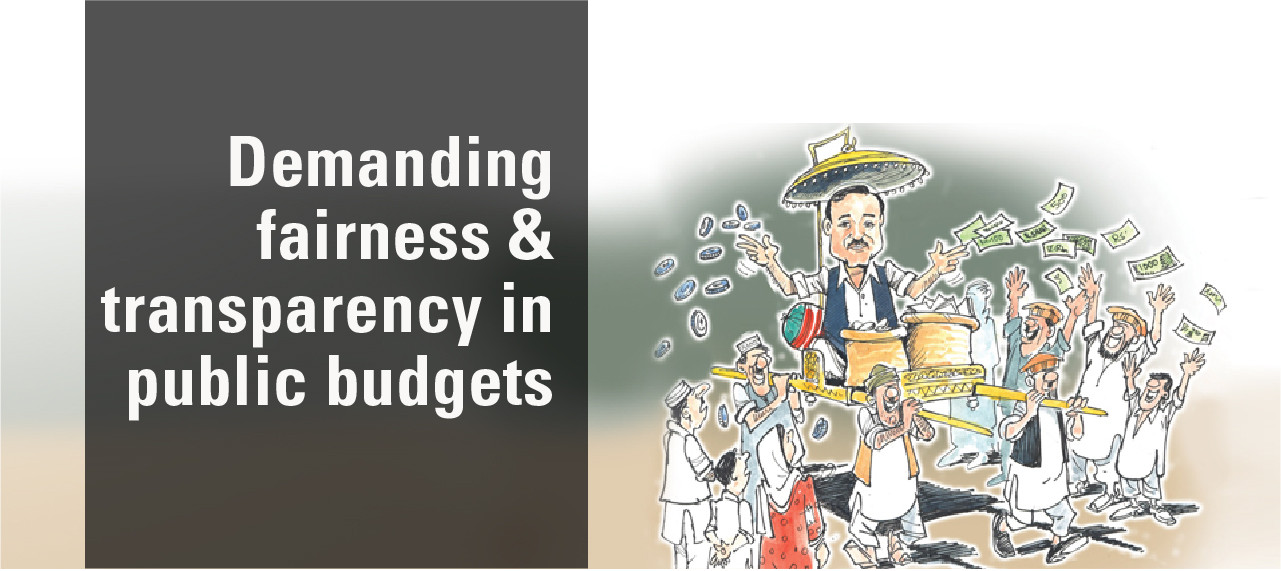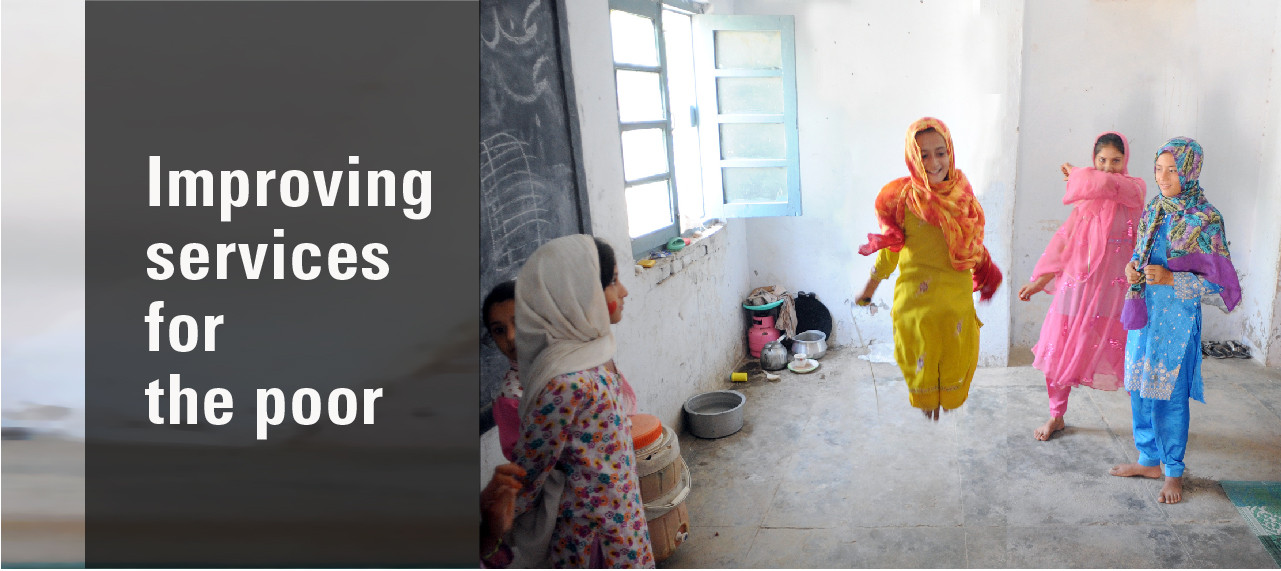Omar Asghar Khan - a profile
The Foundation is named after Omar Asghar Khan (1953-2002). An extraordinary champion of the rights of the poor, Omar made untiring efforts to organize the vulnerable and advocate a state responsive to its citizens, especially the poor. His efforts were nation-wide, but he had a special, enduring relationship with the people and region of Hazara.
Born on 3 July 1953, in his schooling days Omar was admired for his sporting talents excelling in swimming, hockey and football. In 1971 he joined the Army and held the rank of a Captain when he resigned in 1973 against military action in East Pakistan and Balochistan. A year later he left for England to pursue higher studies, and obtained an M.Phil in Economics from Cambridge University. He returned to Pakistan in 1979 and joined the Punjab University in 1980 to teach Economics. Omar also popularized progressive politics on campus, enraging the regressive Islami Jamiat-e-Talaba. In 1983 General Zia-ul-Haq’s regime dismissed Omar from the University on trumped up charges of joining a labour rally. After the University, Omar became more active in politics, heading the Istiqlal Youth League of the Tehreek-i-Istiqlal and later serving as the party’s Information Secretary. Omar contested the 1988 and 1990 elections, losing both, as he refused to compromise on principles or succumb to using money or clan identity for votes. Omar and a team of researchers analyzed the 1990 elections and published a white paper How an Election Was Stolen in 1991, identifying electoral reforms required for a fair contest.
Omar set up many successful initiatives. In 1982, he helped establish the Pakistan Institute of Labour Education & Research to promote workers’ rights and served on its faculty all his life. In 1987 Omar set up SEBCON (Socio-Economic and Business Consultants) to produce quality action research and policy analysis. In 1989 he founded Sungi Development Foundation, an NGO that pioneered a rights-based approach influencing development work in Pakistan and the region. Sungi forged citizen alliances to demand the rights of poor, women and other marginalized groups, ensure equitable use of natural resources, promote tolerance and social justice, achieve India-Pakistan peace and a nuclear-free South Asia. In 1998 Omar introduced People’s Assemblies to strengthen citizen connections, enable public discourse, and increase activism. He resigned from Sungi in November 1999 to join General Pervez Musharraf’s cabinet. On 6 November 1999, Omar was sworn in as the Federal Minister for Environment, Local Government & Rural Development, Labour, Manpower, and Overseas Pakistanis, and became one of the most popular and competent policy-makers. He granted ownership rights to katchi abadi residents through the National Policy on Katchi Abadis. He forged a unique partnership by establishing the first-ever Workers & Employers Bilateral Council of Pakistan, which brokered a dialogue and a consensus on a labour policy protecting workers’ rights and giving them better social protection. He was among the main architects of the 2001 Local Government, which devolved authority, created political space for women, peasants, and workers, and protected provincial autonomy. He lobbied for restoring joint electorate to give equal rights to all citizens. Towards end-2001 Omar resigned from General Musharaf’s cabinet and re-entered mainstream politics. He launched the Qaumi Jamhoori Party on 28 December 2001, with a commitment to establish a modern, progressive Pakistan. Omar was elected President at QJP’s National Convention on 26 May 2002 and announced the party’s decision to contest the October 2002 elections on 15 June 2002. With exceptional determination Omar organized the young party and campaigned for elections until his sudden, unexplained death in Karachi on 25 June 2002.
Razor-sharp intellect, unwavering conviction, uncompromising integrity and unflinching courage were key elements of Omar’s character. Add to that passionate energy, genuine compassion, and disarming humility, and it was the stuff legends are made of. Omar strived for an equitable, just and tolerant society. His compassion for the dispossessed and the meek, and his commitment to improving their wellbeing is reflected in every aspect of his work and accomplishments. He advocated reforms to make the state responsive to its citizens. Under his leadership Pakistan’s civil society began effectively demanding democratic politics and governance. Omar’s vision and accomplishments is the legacy he has left us with. Its influence will place its footprint on our future as we continue to take his mission forward.
